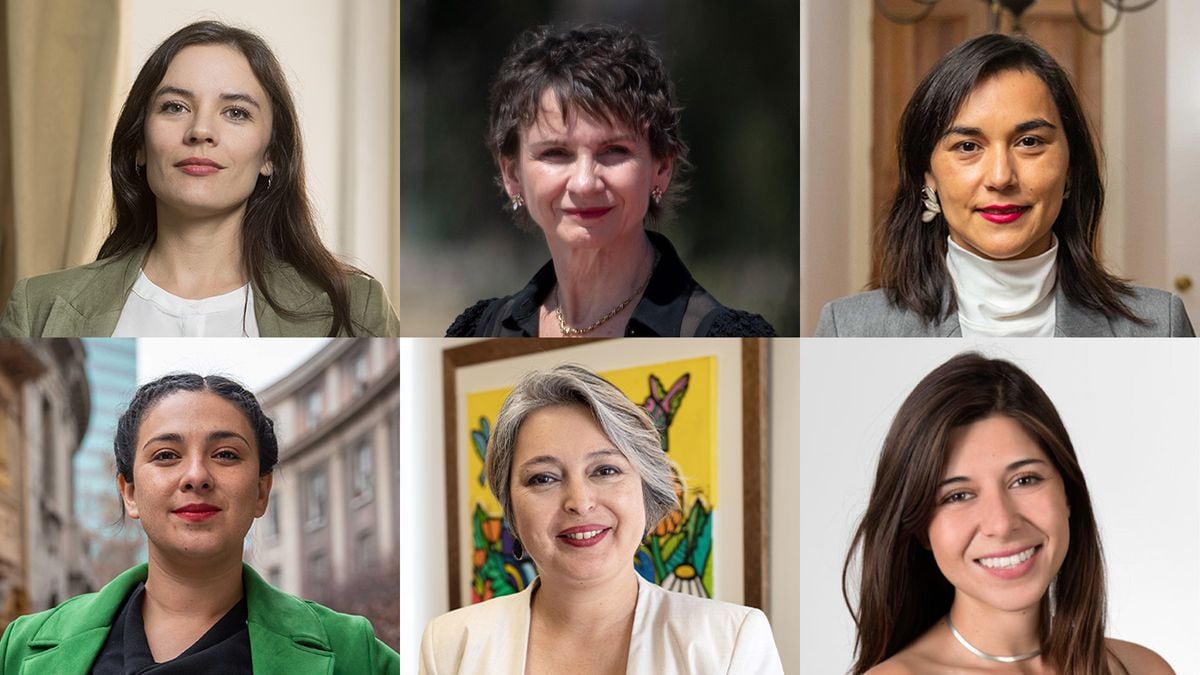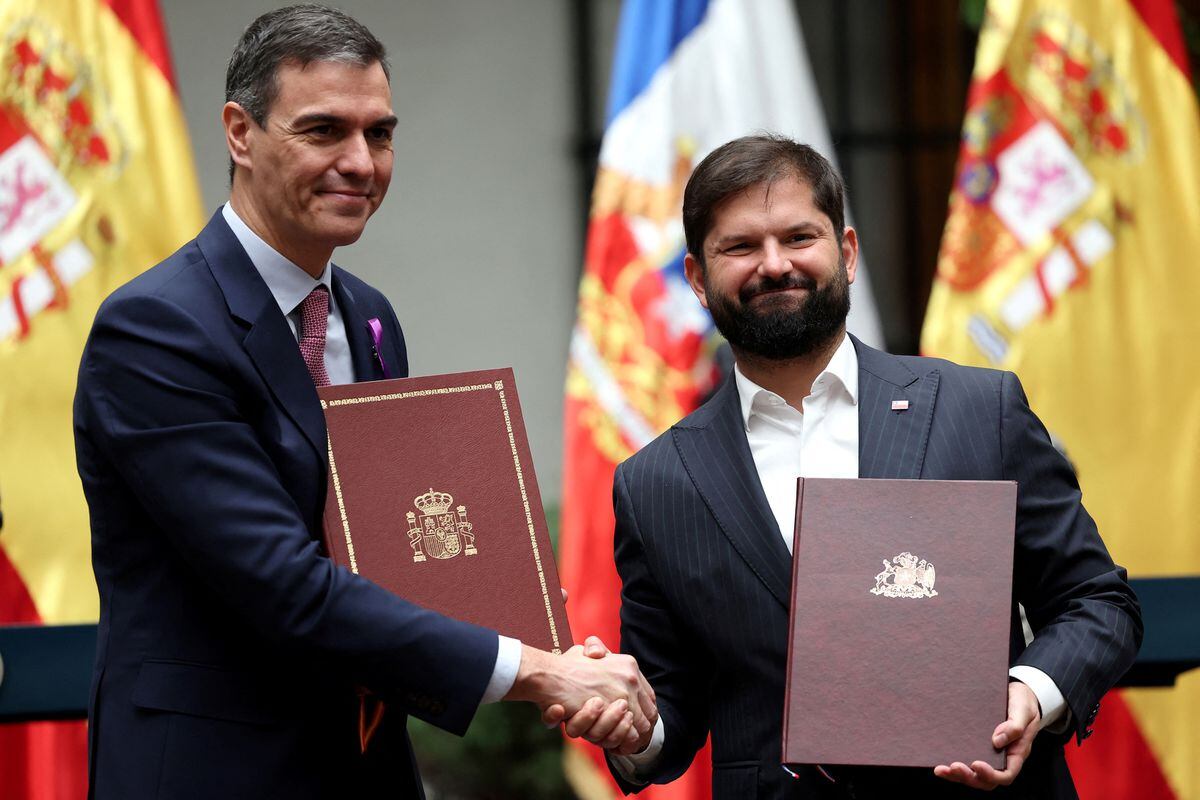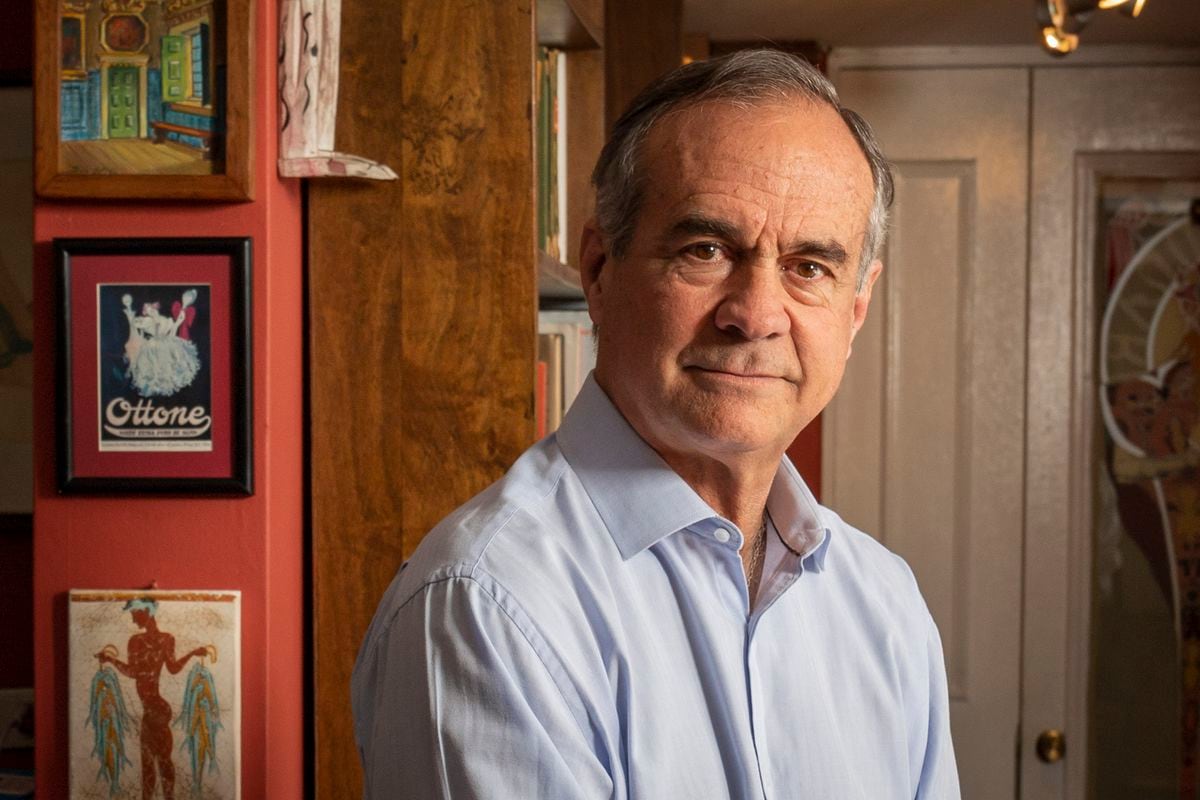The most urgent objective of the Government of Gabriel Boric, one year after coming to power, is to ensure that the bridges with the right-wing opposition are not broken.
The complexity of the work is dictated by the immediate electoral scenario: on May 7, Chileans will return to the polls to elect the 50 members of the council that will draft a new Constitution proposal, after the fiasco of the previous attempt.
The electoral climate stretches all positions towards extremes.
But the understanding with the right seems essential not only for the future of Boric and his management, but also for the advancement of urgent reforms for which Chilean society has waited a long time, such as pensions.
He urges that the conversation between the Chilean leaders, both from the ruling party and from the opposition,
Last week the Government suffered the worst of its legislative failures with the defeat in the Chamber of Deputies of the tax reform in the first stage.
He represented a severe blow to La Moneda, which is running out of funding for the same pension reform and for countless promises.
But it was, above all, a sample of a strategic design error in the way in which the Government faces the political discussion.
Without majorities in Parliament, it sometimes seems to have higher or more favorable expectations than reality itself advises.
Boric not only does not have the right, which seems obvious, but he also cannot trust the handful of non-government parliamentarians who are on the extremes and who belong to emerging formations.
As was the case to a large extent during the transition to democracy,
The country's 37-year-old president has spearheaded a new generation with little experience, but clear signs of a new professionalism.
After heavy defeats that have marked the Administration early, such as that of the constitutional project in the September 2022 plebiscite, Boric has changed its original design and has incorporated more experienced people, such as the current Minister of the Interior, Carolina Tohá, and, recently, Alberto van Klaveren in Exteriors.
It is an important change for a political movement that so many times denied its parents —the center-left Concertación that led Chile between 1990 and 2010—, but this turn gives the Government the political tools to produce the approximations and pacts necessary to move towards greater levels of social equity.
The traditional right, meanwhile, is strongly under tension.
Some young leaders, less conservative, more open to a more modern and less unequal Chile, have to resist the temptation to toughen up in the face of the electoral threat from the extreme right of José Antonio Kast, defeated by Boric in December 2021. What is At stake is the future of Chile, not only in 2023, but in the coming decades.
Without fundamental changes in matters such as pensions and the tax reform that aims to finance them, Chilean society may once again become impatient.

/cloudfront-eu-central-1.images.arcpublishing.com/prisa/AGIQJ4P7P5X556BR5BOFFBVVJQ.jpg)


/cloudfront-eu-central-1.images.arcpublishing.com/prisa/IF24TOV3MFHHROUE2LMCLODXWI.jpg)



/cloudfront-eu-central-1.images.arcpublishing.com/prisa/DAXPXX7XEC2R2VNNOX5XEX4T2U.jpg)
